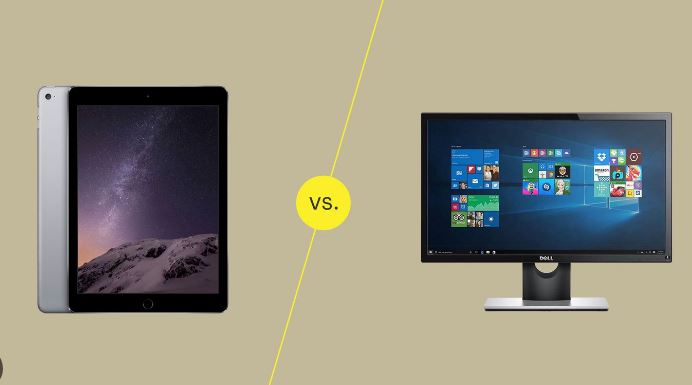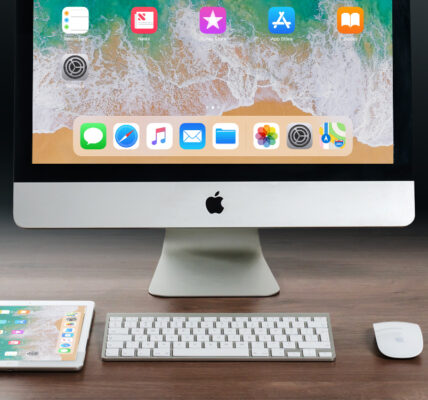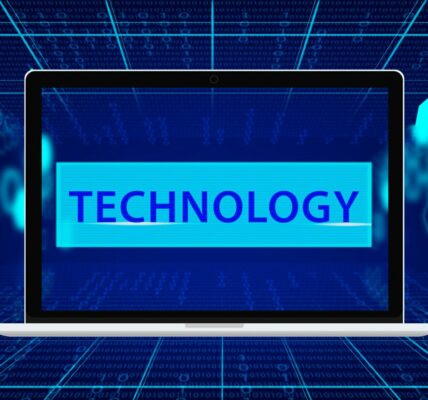When it comes to productivity, the choice between desktop computers and mobile devices depends on your specific needs and preferences. Both options offer unique advantages and drawbacks. Let’s compare the two:
Desktop Computers:
1. Performance: Desktop computers often have more powerful processors, larger amounts of RAM, and dedicated graphics cards, making them capable of handling resource-intensive tasks and multitasking with ease. This makes them ideal for demanding applications, such as video editing, graphic design, and programming.
2. Ergonomics: Desktop computers typically have larger screens and ergonomic peripherals like keyboards and mice. This can enhance comfort and reduce strain during long work sessions, potentially improving productivity.
3. Multiple Displays: Desktop setups often allow for multiple monitors, enabling you to increase screen real estate and improve multitasking capabilities. This can be especially beneficial for tasks that require referencing multiple documents or applications simultaneously.
4. Reliable Connectivity: Desktop computers usually have stable wired internet connections, providing faster and more reliable data transfer rates compared to mobile devices. This can be advantageous when working with large files or accessing resources on local networks.
Mobile Devices:
1. Portability: The biggest advantage of mobile devices like smartphones and tablets is their portability. You can carry them with you wherever you go, allowing you to stay productive while on the move. They are particularly useful for tasks that require frequent traveling or remote work.
2. App Availability: Mobile devices offer a vast selection of productivity apps that can help you manage your tasks, organize your schedule, and collaborate with others. Many of these apps also integrate with cloud services, making it easy to access and sync your files across different devices.
3. Communication: Mobile devices excel in communication capabilities. You can easily make phone calls, send text messages, and video conference with colleagues or clients. This makes them efficient for staying in touch and collaborating in real-time.
4. Flexibility: Mobile devices are well-suited for tasks that don’t require intense processing power. They are great for email management, web browsing, note-taking, and basic document editing. Additionally, their touch interfaces can offer a more intuitive experience for certain tasks.
In conclusion, if your work involves resource-intensive applications and multitasking, a desktop computer is likely the better choice. On the other hand, if you prioritize mobility, communication, and quick access to apps, mobile devices can be more suitable. Consider your specific work requirements and find a balance between performance and portability to maximize your productivity. Furthermore, combining both options by syncing and transferring files between your desktop computer and mobile devices can provide the best of both worlds.





